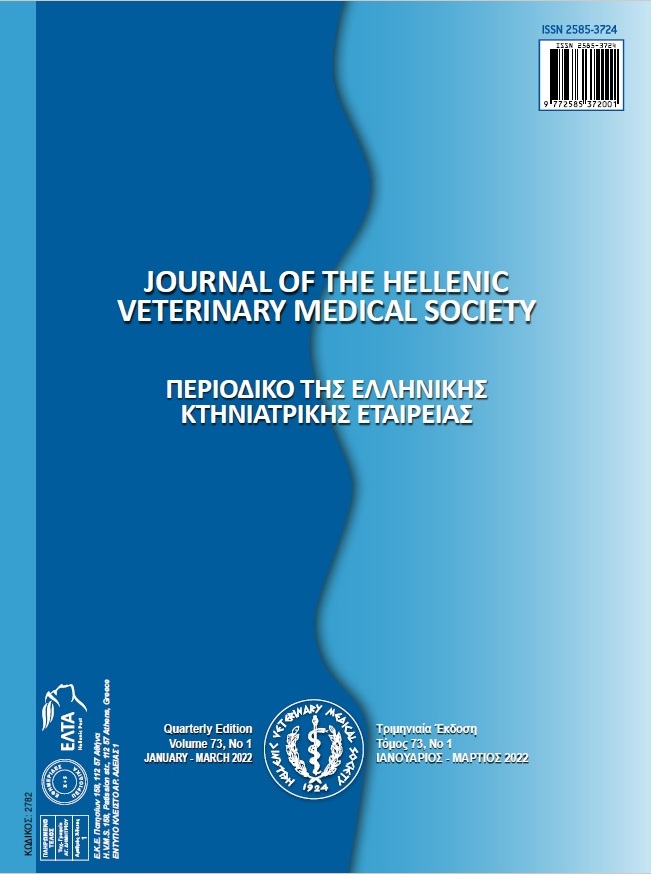Vitamin E and its impact on poultry production: An Update
Résumé
The main goals of recent poultry production sectors are to enhance the immune response of the birds, improve the performance, reduce mortalities and reduce stressors. These goals can be easily achieved through dietary supplementation with vitamins. Vitamin E is one of the fat-soluble vitamin that has been used from last decades for different poultry production types. The inoculation level of vitamin E in the diet of poultry depends on several factors. Low or high level of vitamin E can induce severe adverse economic losses in poultry industry. Vitamin E has been regarded as a potent chain-breaking antioxidant as well as immuno-stimulator for both cell-mediated and humoral immunity. Vitamin E is added to the diet of broilers, layers and breeders especially those under heat stress conditions. In broilers, vitamin E can improve the health conditions, feed efficiency and immunity. However, in layers and breeders, it enhances the egg’s quantity and quality as well as the fertility; respectively. Moreover, vitamin E proves its efficacy in modifying the carcass trait or meat quality of broilers. Therefore, this review article aimed to investigate the forms and inoculation levels vitamin E, the role of this vitamin in the biological process as well as its effect on different poultry production types and carcass quality.
Article Details
- Comment citer
-
Abd El-Ghany, W. (2022). Vitamin E and its impact on poultry production: An Update. Journal of the Hellenic Veterinary Medical Society, 73(1), 3571–3582. https://doi.org/10.12681/jhvms.25836
- Numéro
- Vol. 73 No 1 (2022)
- Rubrique
- Review Articles

Ce travail est disponible sous licence Creative Commons Attribution - Pas d’Utilisation Commerciale 4.0 International.
Authors who publish with this journal agree to the following terms:
· Authors retain copyright and grant the journal right of first publication with the work simultaneously licensed under a Creative Commons Attribution Non-Commercial License that allows others to share the work with an acknowledgement of the work's authorship and initial publication in this journal.
· Authors are able to enter into separate, additional contractual arrangements for the non-exclusive distribution of the journal's published version of the work (e.g. post it to an institutional repository or publish it in a book), with an acknowledgement of its initial publication in this journal.
· Authors are permitted and encouraged to post their work online (preferably in institutional repositories or on their website) prior to and during the submission process, as it can lead to productive exchanges, as well as earlier and greater citation of published work.



